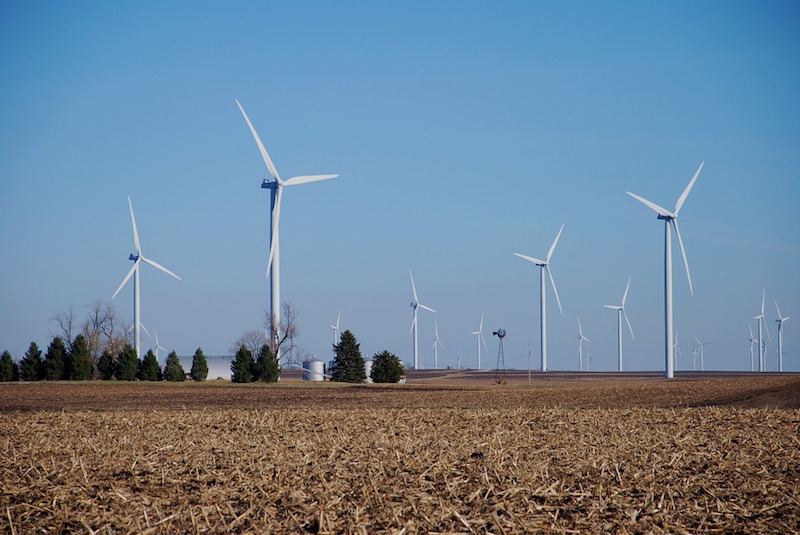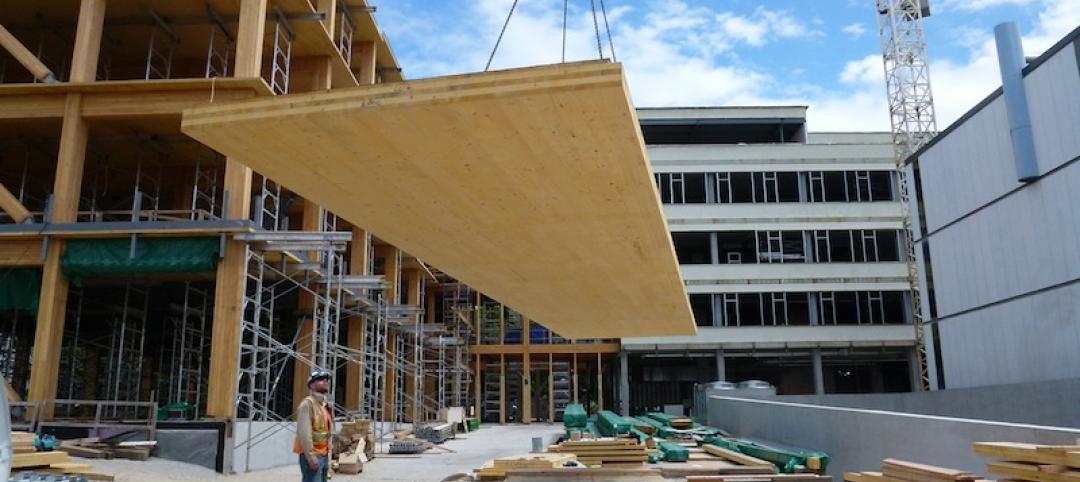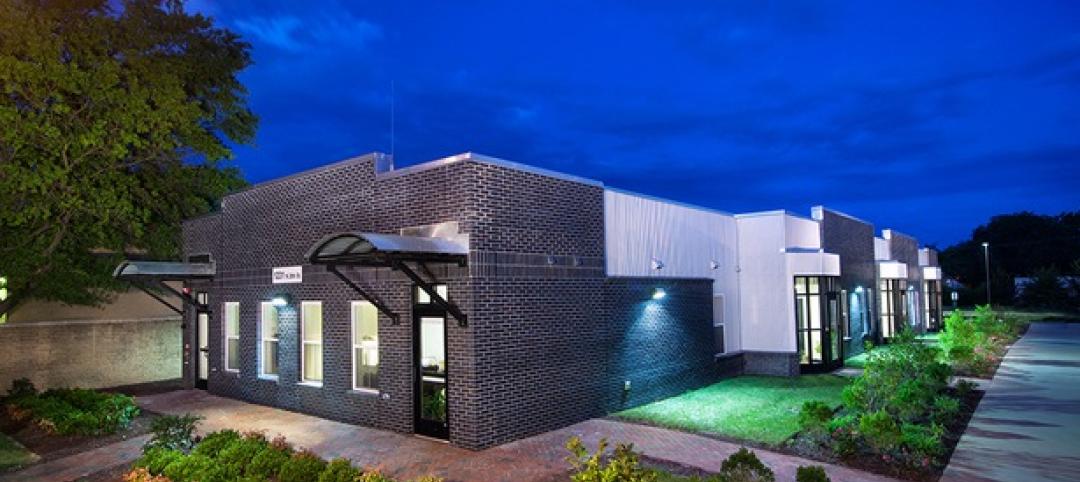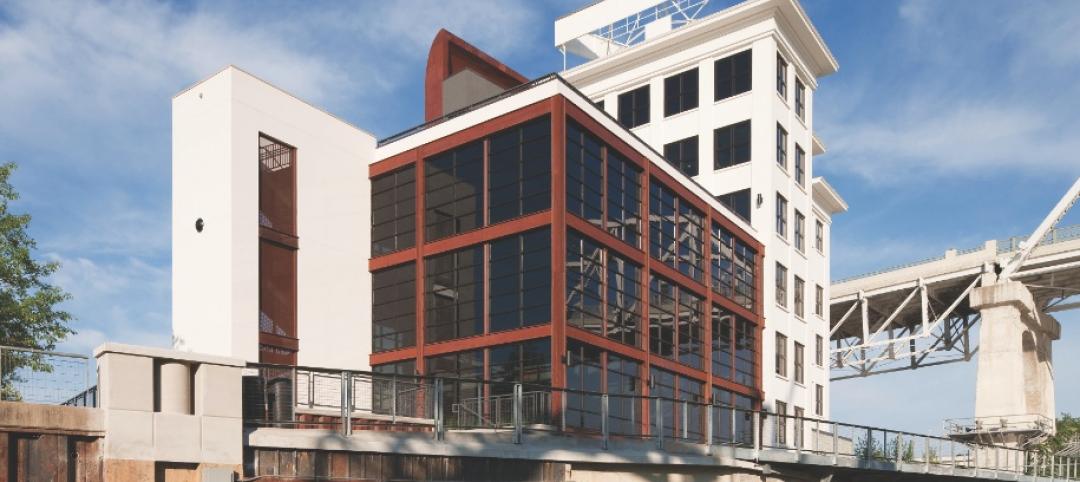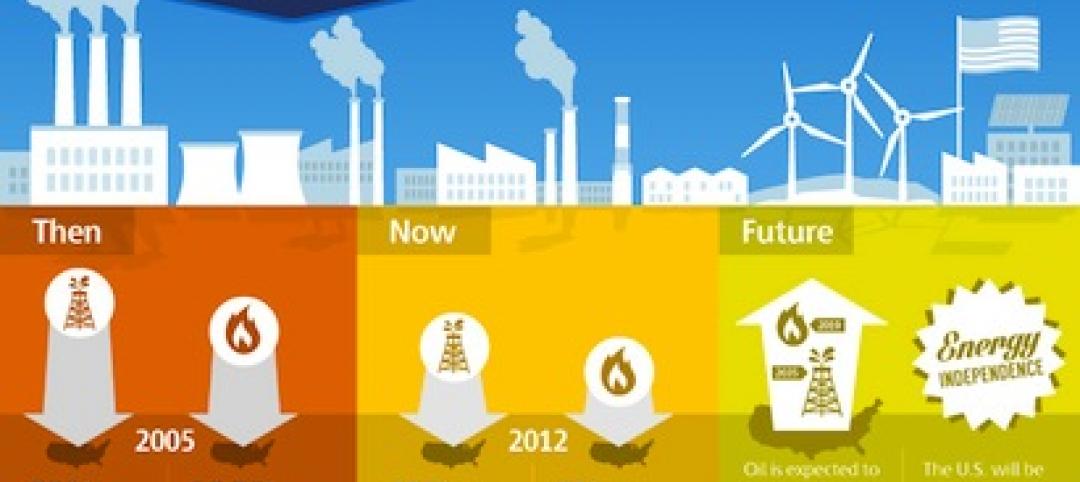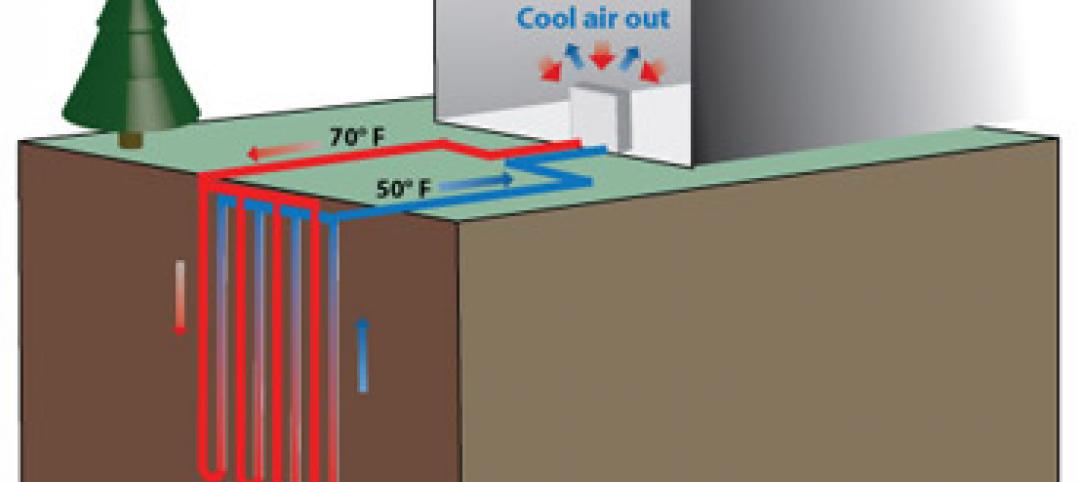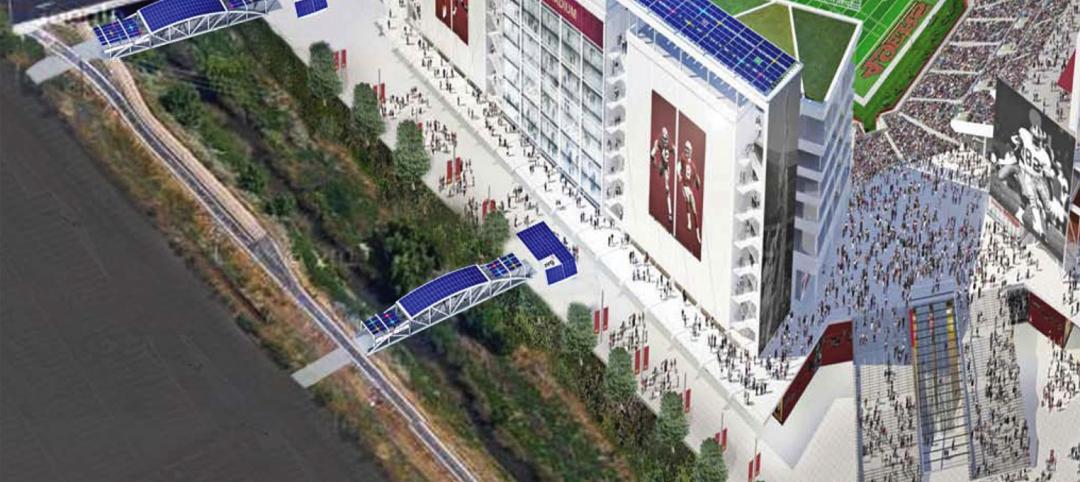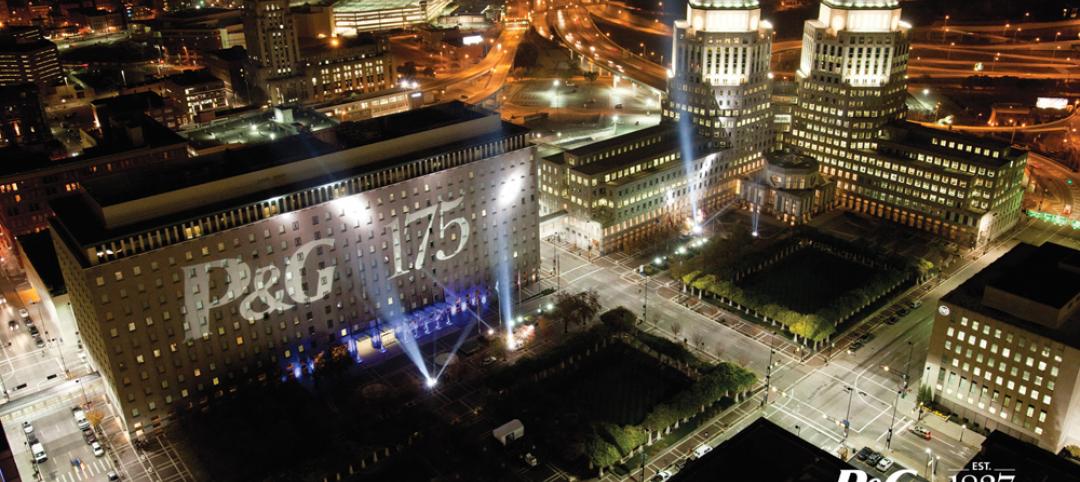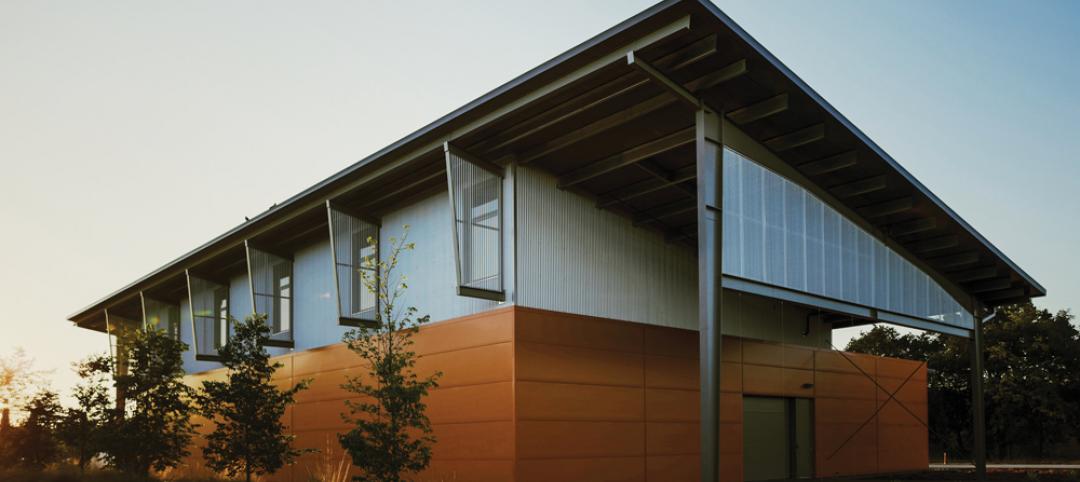Today, during the U.S. Green Building Council (USGBC) International Summit held at the 2016 Greenbuild International Conference and Expo, Green Business Certification Inc. (GBCI) announced a new technology organization called arc.
Officially launching later in 2016, arc will further the performance of the green building industry and the built environment as a whole.
Scot Horst, USGBC’s Chief Product Officer, has been named arc’s incoming CEO. He will transition from his role with USGBC and LEED at the end of 2016.
Arc is a platform that will allow any building to participate and immediately start measuring performance, make improvements, and benchmark against itself. The goal of arc is to support the missions of USGBC and GBCI.
LEED certified buildings can use arc to improve and benchmark against other certified buildings around them. Buildings that have not certified yet will be able to use arc to make incremental sustainability improvements and eventually achieve LEED certification.
“The LEED rating system revolutionized the design, construction and operations of green buildings more than 16 years ago,” said Horst. “Arc’s goal is to transform green performance technology and bring data, mobility, and the most disruptive technologies available today to support a holistic approach to building our future. It will connect actions through a single platform that delivers a higher quality of life.”
The arc platform is a complement to LEED and other green building rating systems, standards, protocols, and guidelines, and allows buildings and spaces to connect to the built environment in a new way by comparing performance metrics and connecting them to green building strategies. Arc eliminates complexities and barriers to behavioral change.
Related Stories
| Nov 19, 2013
Top 10 green building products for 2014
Assa Abloy's power-over-ethernet access-control locks and Schüco's retrofit façade system are among the products to make BuildingGreen Inc.'s annual Top-10 Green Building Products list.
| Nov 19, 2013
Net-zero senior housing project aimed at low-income residents in Virginia
A big driver to achieve net-zero was to offer affordable housing with reduced energy costs for low-income seniors.
| Nov 18, 2013
USGBC, UL Environment announce joint Environmental Product Declaration
Strategic partnership between U.S. Green Building Council and UL Environment will focus on building materials and product transparency.
| Nov 15, 2013
Greenbuild 2013 Report - BD+C Exclusive
The BD+C editorial team brings you this special report on the latest green building trends across nine key market sectors.
| Nov 14, 2013
How increased domestic energy production affects the nation [Infographic]
In light of America's new energy resources and an increased emphasis on energy efficiency, Skanska examined the trends in U.S. energy production and consumption, as well as the benefits we may incur from increased domestic energy production.
| Nov 13, 2013
Government work keeps green AEC firms busy
With the economy picking up, many stalled government contracts are reaching completion and earning their green credentials.
| Nov 13, 2013
Installed capacity of geothermal heat pumps to grow by 150% by 2020, says study
The worldwide installed capacity of GHP systems will reach 127.4 gigawatts-thermal over the next seven years, growth of nearly 150%, according to a recent report from Navigant Research.
| Nov 11, 2013
New San Francisco 49ers stadium will achieve net zero thanks to 49 large solar panels
The installation of 49 large rooftop solar panels at the 49ers new stadium outside San Francisco will help the arena achieve net-zero energy use, according to NRG, the company that installed the panels.
| Nov 8, 2013
Can Big Data help building owners slash op-ex budgets?
Real estate services giant Jones Lang LaSalle set out to answer these questions when it partnered with Pacific Controls to develop IntelliCommand, a 24/7 real-time remote monitoring and control service for its commercial real estate owner clients.
| Nov 8, 2013
S+T buildings embrace 'no excuses' approach to green labs
Some science-design experts once believed high levels of sustainability would be possible only for low-intensity labs in temperate zones. But recent projects prove otherwise.


